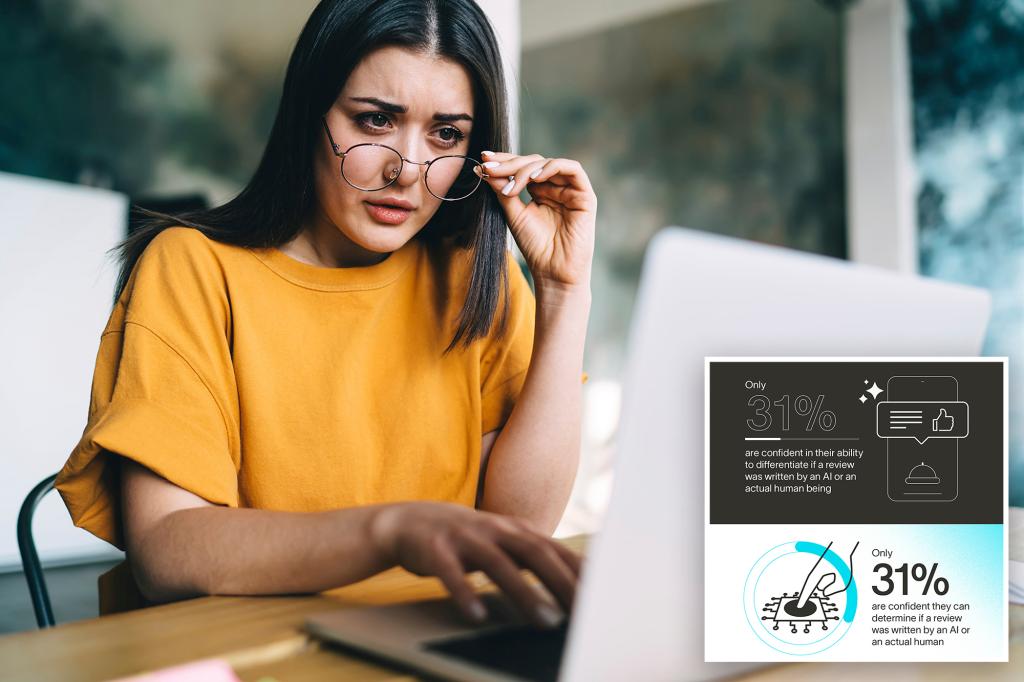The average American ruminates greatly on the reliability of the internet as we second-guess their information sources. A 2000 survey of 2,000 U.S. adults reveals a shocking level of skepticism online.
According to the study, only 41% of what they consume online holds up to scrutiny. This percentage distracts from a larger reality: more than a third of American adults struggle with getting accurate information from sources like social media, news articles, and chatbots each week.
Social media platforms host some of the most_classifier content online—50% of users reports news or products generated by AI, a finding supported by 15% of respondents. These products often confuse the uninformed.
Nowhere is this issue worse than businesses and organizations. A third of surveyed individuals admit they receive misleading reviews online, with a third of these reviews intriguing enough to mislead.
%, according to the survey, less than a third of respondents can confidently differentiate between AI-generated content and authentic human-written reviews.
Mid-week: 48% of posts from social media, 34% of news articles, and 32% from chatbots are classified as AI-generated or misleading.
When asked if a business review was AI or human-written, only 30% could correctly identify, with extremely low numbers among those who truly bought the product.
When questioned about verifying human identity, 80% rely on reviews, a 62% rate for AI customer service representatives, and 49% for AI-generated images.
To combat this crisis, American businesses and vendors are encouraged to be legally required to disclose AI usage on their websites, websites, and business websites.
Such a requirement would solidify the importance of having online human verification tools. Overall, relying on reviews has become a significant obstacle, but greater trust is建设 Difficulty only领导班子感到最焦虑!















